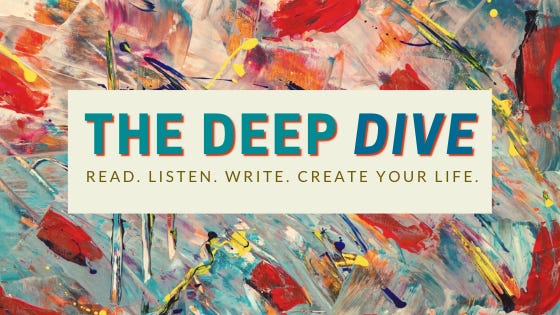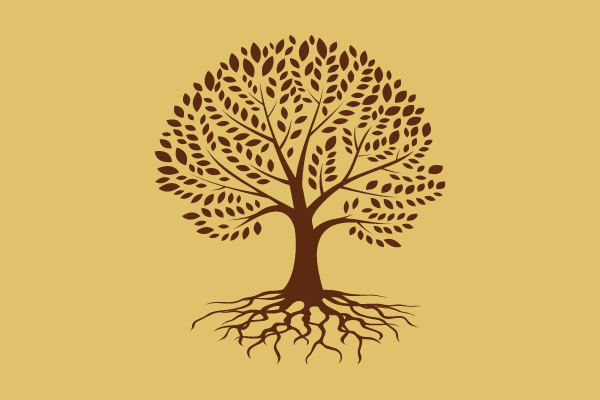Welcome to “Honeymoon with Big Joy”
Remember, you’re the co-creator of this dive. Do as much or as little as you’d like, when you’d like, how you’d like, with the materials I provide. Just keep gentle faith with yourself.
Set your intention
Take a moment to name the primary intention you have for this month-long deep dive and/or this particular session. Take a quiet moment to center yourself in that intention.
En-JOY the music
Read the poem
I invite you to read this poem twice—aloud, at least once. You may also listen to my reading, perhaps with your eyes closed.
IT'S ALL RIGHT William Stafford Someone you trusted has treated you bad. Someone has used you to vent their ill temper. Did you expect anything different? Your work—better than some others'—has languished, neglected. Or a job you tried was too hard, and you failed. Maybe weather or bad luck spoiled what you did. That grudge, held against you for years after you patched up, has flared, and you've lost a friend for a time. Things at home aren't so good; on the job your spirits have sunk. But just when the worst bears down you find a pretty bubble in your soup at noon, and outside at work a bird says, "Hi!" Slowly the sun creeps along the floor; it is coming your way. It touches your shoe. (from The Poetry of Impermanence, Mindfulness, and Joy, edited by John Brehm)
Contemplate/Create
Use any of these questions however you wish—e.g., as openings for meditation or prayer, as prompts for journaling or poetry-writing, as sparks for drawing or painting, as catalysts for change-making . . . You may also ignore my questions altogether to go off in other directions!
You may wonder, “Where’s the joy in this poem?” Good question. Dive into it.
How, if at all, do you distinguish “joy” from “happiness”? In your mind, are these two mind-states different?
This poem is a suggestion to reframe. In other words, when life’s got us down, we might do well alter our perspective—not to deny the truth of what hurts, but to recognize that what hurts isn’t all there is. The poem invites us to pay attention to, and be grateful for, the small things that can lighten our spirits. Identify those small things in the poem. Now identify such small things in your own immediate environment.
Want to visit with other Rafters in the Deep Dive?
Here are two options: either leave a comment on this post using the button, or join the chat thread dedicated to this Deep Dive. (Note: if you haven’t created a Substack profile yet, you’ll be asked to do so before you can comment or chat.)
These materials are for educational purposes only. Not for sale or reproduction.
Join us on October 31 for “Rafter Refuge”!
6:30-8:00PM Central (7:30 ET, 5:30 MT, 4:30 PT)
Let’s close this Deep Dive with a time of voluntary sharing. (It’s fine just to listen!) Come and reflect with other Rafters on “Honeymoon with Big Joy.” Registration is required for this celebration.









When I was young (and unconcerned with skin cancer), I was sun-bathing with a friend, and remarked on how the hairs on my arm were all like tiny rainbows. She scoffed: “You’re so easily amused.” But I recognized it (even mid-scoff) as a great gift, and continue to take delight in little things. Right now, in my immediate environment? Fresh air from an open front door, freshly mopped wood floors beneath bare feet, a pen with purple ink, a new book to read, voices of neighbors on the street. Moments of joy (fresh air!!!) settling into contentment and gratefulness.
This finding joy in everyday things gets laughed at from time to time or described as "Pollyanna-ism" from others, but it's how I am wired. I really identify with this and how important it is to "reframe", take a step back and see what I can learn from what's happening if I feel like things are not going how I want or expect. There's always a flower growing in an impossible spot, a ray of sunshine coming through the clouds or a song that can change my mood for the better.